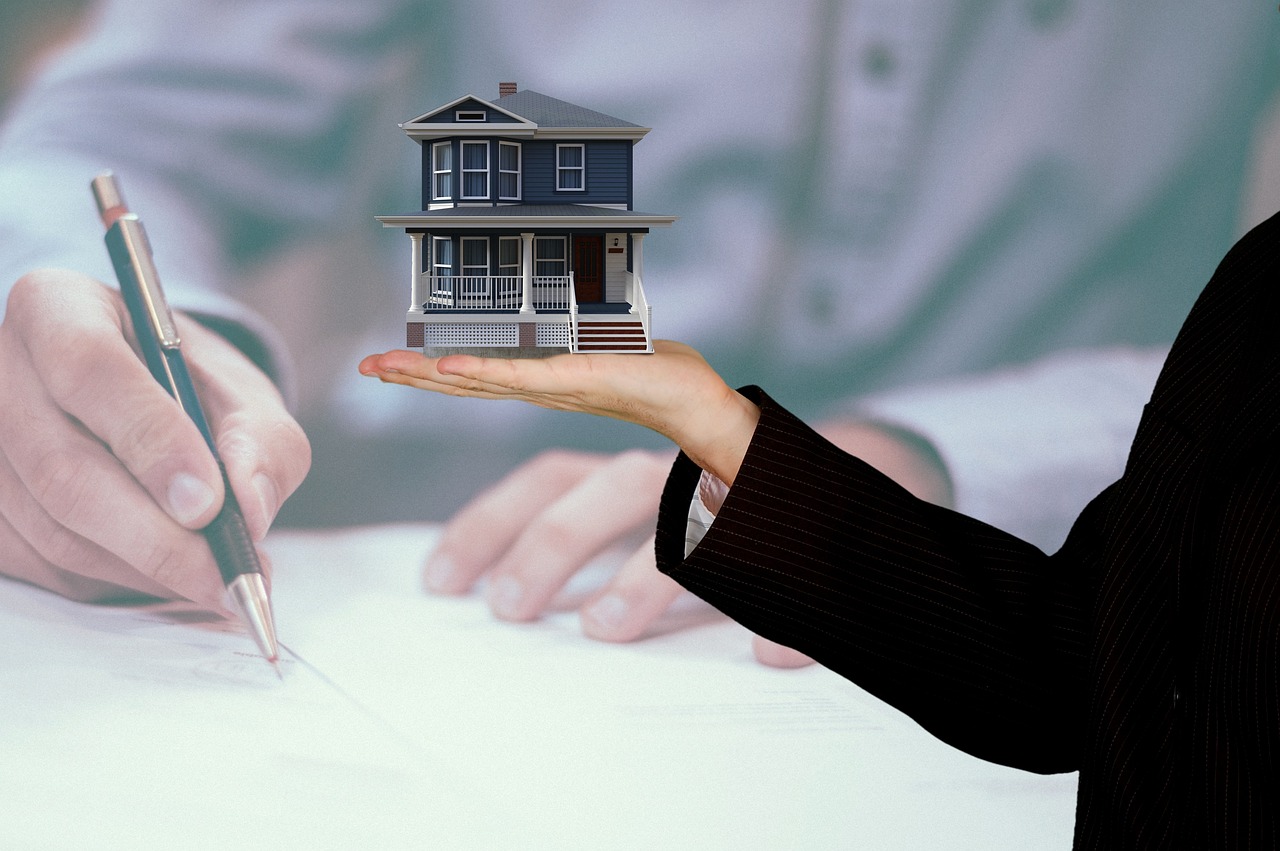How to Avoid Overcapitalizing When Preparing to Sell Your Home

Selling your home can be a daunting task, but it becomes even more challenging when you're trying to strike a balance between preparing your property for sale and avoiding excessive spending.
Overcapitalizing, or investing more money into your home than you can realistically recoup from the sale, is a common pitfall for homeowners looking to sell. It's wise to explore strategies to help you make smart investments in your property so you come out ahead when everything is finalized.
Understanding Overcapitalization
Before diving into strategies for avoiding overcapitalization, let's define it. Overcapitalization occurs when you invest a significant amount of money into your property that doesn't align with the property's current market value or the expected sale price. Essentially, you spend more on improvements than you can reasonably hope to recoup when selling the property.
While home improvements can increase your property's value, it's essential to be cautious and strategic when making these investments, especially if you plan to sell in the near future.
Determining Your Property's Market Value
The first step in avoiding overcapitalization is to clearly understand your property's market value. It's crucial to conduct research and, if possible, seek professional advice from a real estate agent or appraiser. Factors like location, size, condition, and recent sales of similar properties in your area all play a role in determining your property's current market value. This knowledge will provide a baseline for how much you can invest without overcapitalizing.
Prioritizing High-Impact Improvements
When preparing your home for sale, not all improvements are created equal. To avoid overcapitalization, focus on high-impact improvements with a history of increasing property values. These can include:
Curb Appeal
First impressions matter. Enhancing your property's curb appeal by maintaining the landscape, freshening up the exterior paint, and updating the front door can significantly influence potential buyers. Don't forget to put up or replace a front fence and mailbox, too.
Kitchen and Bathroom Updates
Kitchens and bathrooms are key areas that buyers pay close attention to. Consider minor updates like replacing cabinet hardware, installing new faucets, and adding a fresh coat of paint. You might update tile backsplashes and grouting, too.
Lighting and Ceiling Fans
Another budget-friendly improvement that can make a significant impact is upgrading your lighting fixtures and installing ceiling fans. These updates not only enhance your home's aesthetic appeal but also contribute to energy efficiency and comfort. As such, many buyers pay close attention to them.
You can find lights to suit a wide array of interior design styles, as well as many different areas of the home. Ceiling fans are an excellent choice because they are cost-effective, stylish, and offer year-round benefits. You could purchase an attractive windmill ceiling fan to create a focal point for a room or even choose a fan with a light fixture built into it so your investment does double duty.
Flooring
Flooring is another high-impact improvement. While it can be expensive sometimes, addressing any damaged or outdated flooring is essential. Consider cost-effective options like laminate or engineered hardwood to maintain a balance between quality and affordability.
Energy-Efficient Upgrades
Energy-efficient improvements can be attractive to potential buyers and provide long-term savings. Installing energy-efficient windows, adding insulation, and upgrading your HVAC system can all make your home more appealing without overcapitalizing.
Other Tips to Avoid Overcapitalizing
In addition to focusing on high-impact improvements and making cost-effective choices like those laid out above, consider the following tips to prevent overcapitalization:
Set a Budget - It's essential to establish a budget for your home improvements and stick to it. Having a clear financial plan can help you avoid overspending.
Don't Over-Personalize - While personal touches can make your home unique, avoid over-personalizing your decor. Buyers should be able to envision themselves living in the space. Keep your color palette reasonably neutral, and don't have heaps of personal photos, trinkets, and the like spread around your home when potential buyers inspect it.
Get Multiple Quotes - If you're considering larger projects, obtain multiple quotes from reputable contractors. This can help you find the best balance between quality and cost. It also pays to get referrals from friends and family and read reviews and testimonials about different contractors so you can feel confident that you're hiring qualified, trusted, and licensed workers.

Consider the Neighborhood - Keep the neighborhood and the expectations of potential buyers in mind when planning your improvements. Over-improving your home compared to others in the area can lead to overcapitalization, as can investing in the wrong updates.
Selling your home is a significant endeavor, and making smart investments that enhance its value without overcapitalizing is vital. By prioritizing high-impact and lower-cost improvements, you can prepare your property for sale while avoiding the common pitfalls of overcapitalization. Remember that the goal is to make your home more appealing to potential buyers without stretching your budget beyond reason.